Podcast Guests
JANUARY
Dr. Jerry Hatfield
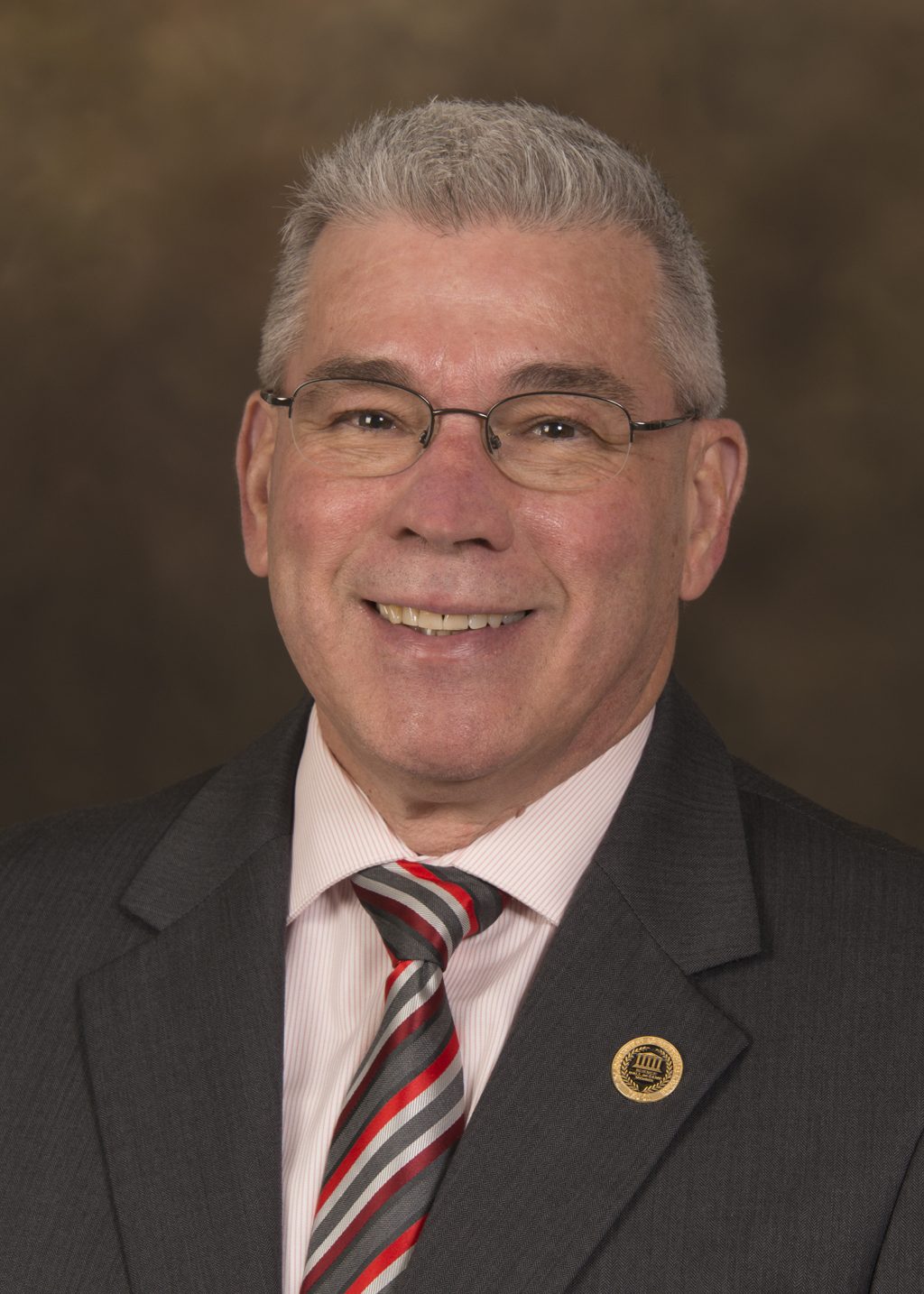
Mitchell Hora
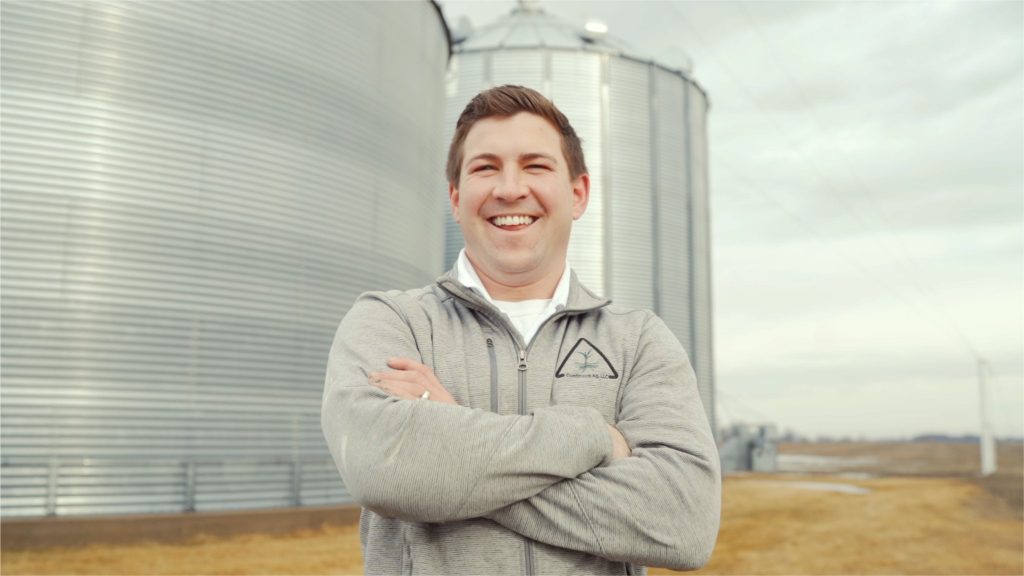
Mitchell Hora is a 7th generation farmer and entrepreneur from southeast Iowa. In 2015, while studying agronomy and ag systems technology at Iowa State, Mitchell launched Continuum Ag. Today, the company has grown to house the largest private soil health dataset and has amassed a footprint of over 40 states and 16 countries. The company completed the AgLaunch Accelerator program, Plug and Play, and the Goldman Sachs 10,000 Small Businesses program.
Hora attributes much of his company’s success to his on-farm experience. After graduating from college, he purchased a farm to add to his family’s 150-year-old Iowa operation. The Hora family implements a wide array of conservation practices including diverse cover crops, relay cropping, diverse cropping systems, no-till, and conduct a wide array of data-driven trials. For their efforts, Mitchell and his father, Brian, have been named to the “Soil Health Champions” list from the National Association of Conservation Districts. Continuum Ag is a member of the Iowa Ag Water Alliance, and Hora sits on his county farm bureau board and is on the carbon working group with the Climate Action Reserve. He has also participated in measuring carbon workshops hosted by the White House Office for Climate Policy.
To further the sustainable ag effort, Hora co-hosts a conservation-focused podcast, Field Work, which is produced by American Public Media. The podcast has reached over 1,000,000 downloads in its first three seasons on the air.
Continuum Ag won 4th runner-up in the Cisco Global Problem Solver Challenge. Hora has been named to the Forbes Under 30 List, the AgGrad 30 Under 30 list, and was voted the “Rising Star” by his peers in the Amplify Network at Brookside Labs. From the beginning, he has focused on helping farmers improve their holistic management system, focusing on both soil and economic resiliency. His life mission is to be a catalyst for regenerative relationships and a shepherd for God’s creation.
February
Nicole Masters
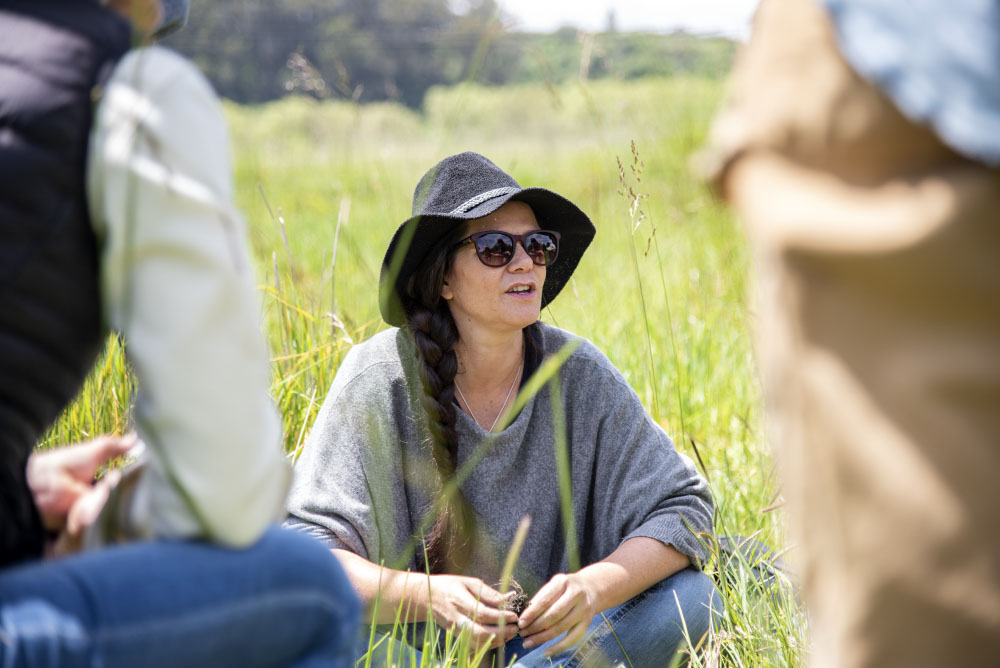
Nicole Masters is an agro-ecologist, educator and systems thinker with nearly 20 years of extensive practical and theoretical experience in regenerative land practices. She has been communicating these methods throughout Australasia since 2003 and North America (2013); helping to inspire and guide producers into new and innovative ways to produce food.
Masters has a large commitment to finding win-win solutions for both the wellbeing of landscapes and land managers. As a seasoned soils coach, she has a proven record in supporting producers in meeting their goals. With over 1.2 million acres under her programs, she excels at identifying and solving challenges through proactive management.
Her passion for fostering the growth of these farming practices calls upon diverse skills in facilitation, conflict resolution, an understanding of behavioral change and science communication.
With soil as a major driver for ecosystem health, she has worked closely with diverse production sectors from; dairy, sheep & beef, viticulture, compost, nurseries, market gardens, racing studs, lifestyle blocks to large-scale cropping. Working with such diverse clients has fostered a broad knowledge and understanding of the challenges facing different production systems. Nicole Masters has devised and delivered educational programs for a wide range of organizations; consultants, businesses, landcare and extension services.
Gail Fuller
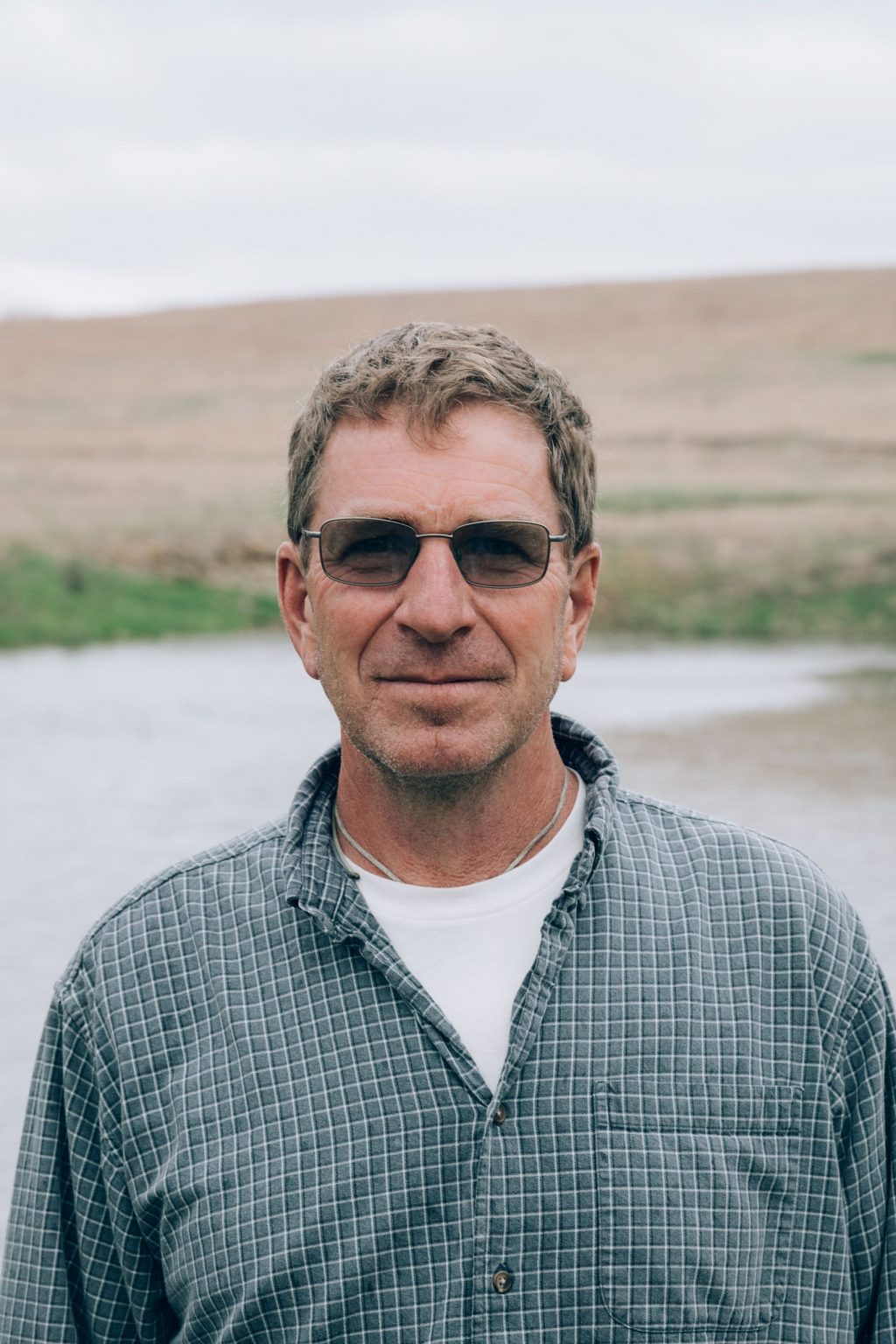
Gail Fuller co-owns and operates Circle 7 by Fuller Farms with his partner, Lynnette Miller. Emphasizing soil health practices to convert sunlight and water into meat and grain, Circle 7 offers grass-finished beef and lamb, pastured pork and chicken along with eggs to customers at farmers markets, CSA’s and urban communities like Wichita and Kansas City, Kansas. On site, they host an on-farm Airbnb, Harvest Host, and HipCamp reservations for guests to view the majestic Flint Hills in Kansas while experiencing life on a working regenerative farm.
Fuller’s life journey has taken him on a path from a 3200-acre conventional corn/ soybean farm to a 162-acre food farm that grows multiple species of livestock and literally dozens of different grains, fruit, nut, and vegetable crops (regenerative). Along the way, he has learned the value of healthy ecosystems to both his farming operation as well as his own health. Fuller puts emphasis on principles, not practices and thinks farming should be about (re)growing communities. Fuller believes we need to be growing our food in systems designed to live thrive according to nature’s principles.
Gail Fuller is also the co-founder and executive board member of Great Plains Regeneration and board member of Ecdysis Foundation with missions to develop and enhance soil health education for the widespread adoption of regenerative agriculture. He hosts Fuller Field School in Kansas which explores in-depth ecosystem regeneration, both above and below ground, which creates a positive impact on restoring soil health and local communities.
*Photo Credit Leia Vita
March
Christie Apple
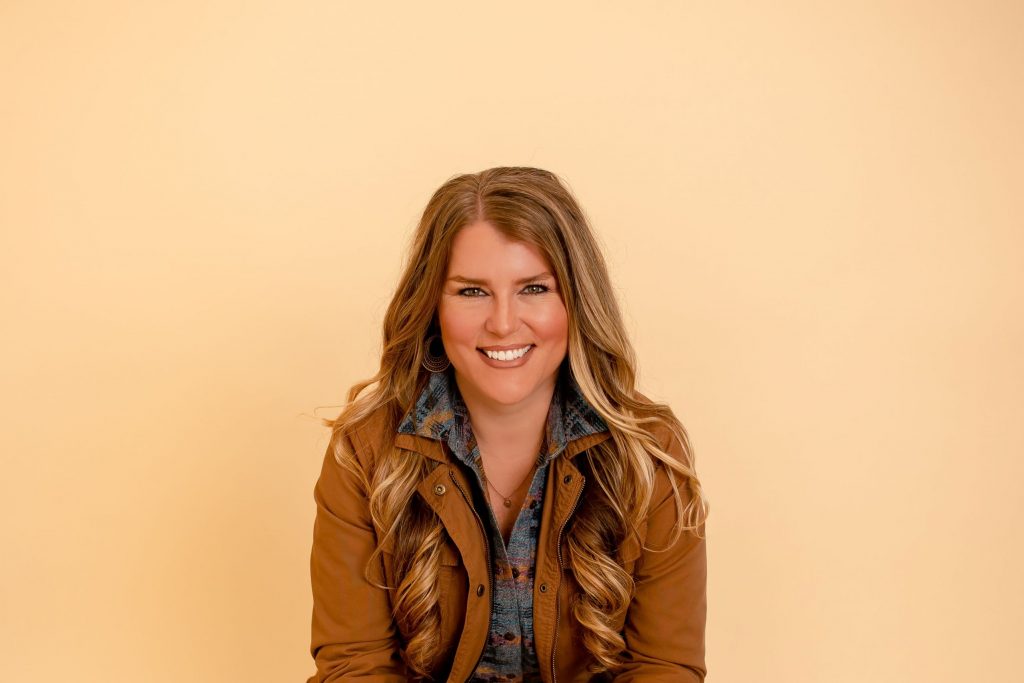
Christie Apple, also known as CropScout Christie on social media platforms, has been serving the agricultural community for the past 13 years. Leaning deeply on her customer service and communication skills, she’s built her reputation as being an ag sales powerhouse with a heart to educate and engage folks both inside and outside of the agricultural universe.
Although in her formative years, she predominantly worked with a traditional row crop region, she has widely expanded her consultative role into vineyards, orchards, hemp, and numerous other specialty crop scenarios. Having a particular interest in soil health since day 1 in the industry, Apple has expanded her agronomic expertise and coaching to farms as they set out on their journey to transition their farming operations to regenerative or organic practices.
She’s been engaging the public via social media for years sharing her adventures, and agronomy tidbits in the hopes of inspiring, educating and bringing light to other ways to farm. The past few years, she has also begun coaching and mentoring blossoming agronomists along their way to success, uncovering areas of professional development and emotional support for women looking to build a fulfilling career in ag. Through her social media engagement, and mentoring, Christie has made it her mission to leverage her reach to encourage women to not just enter ag field, but to stay!
Macauley Kincaid
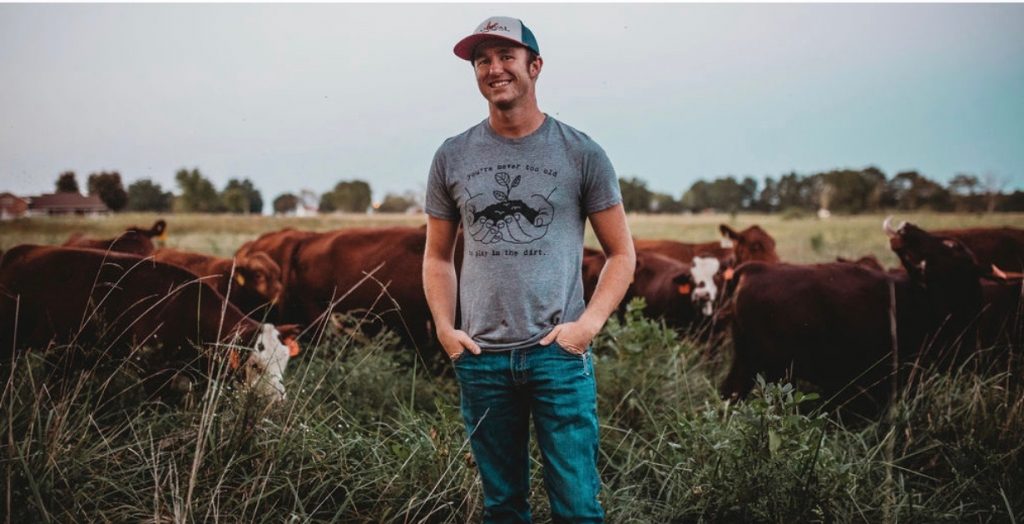
Macauley Kincaid is a 26-year-old regenerative farmer. His operation consists of 500 acres of row crops and pasture. Kincaid embraces all the soil health principles on his operation. He truly believes self-education and dedication are important to making a farm function accordingly and profitably. Kincaid’s motto is “It’s not about what you make, it’s about what you save.”
APRIL
Rod Vorhees
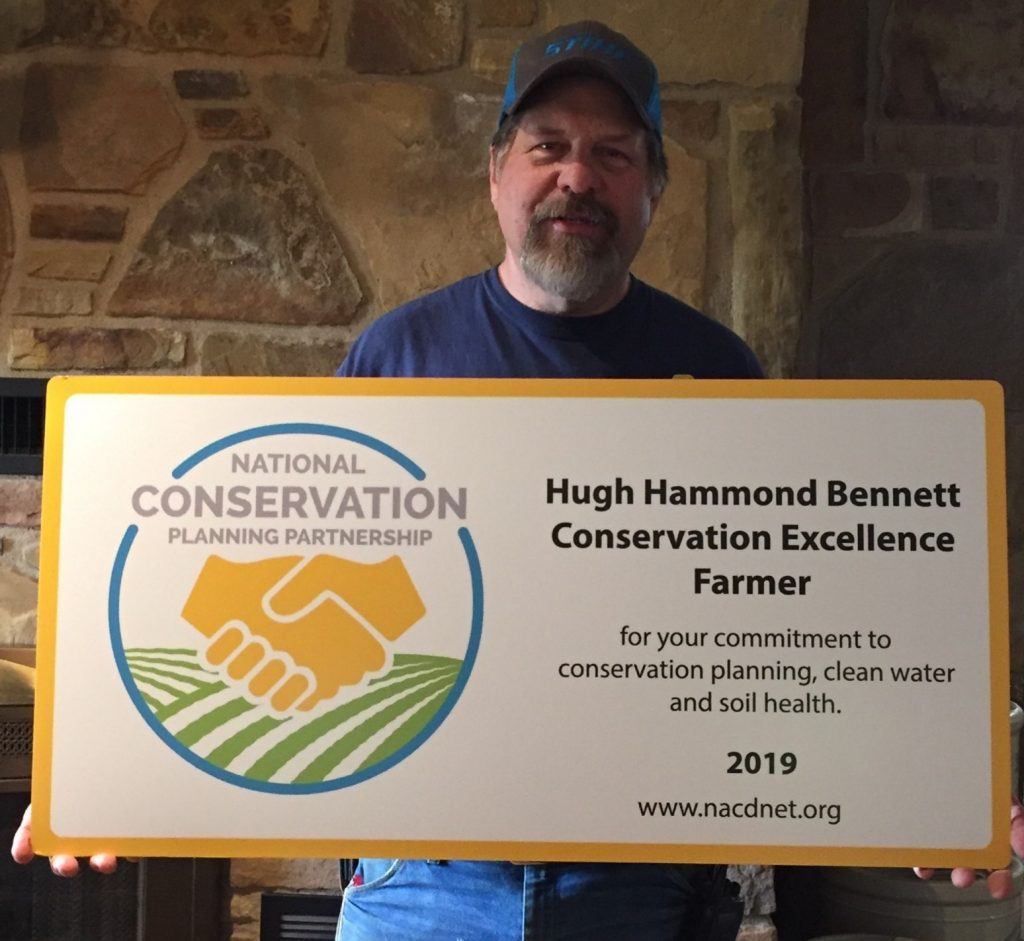
Daryl Donohue
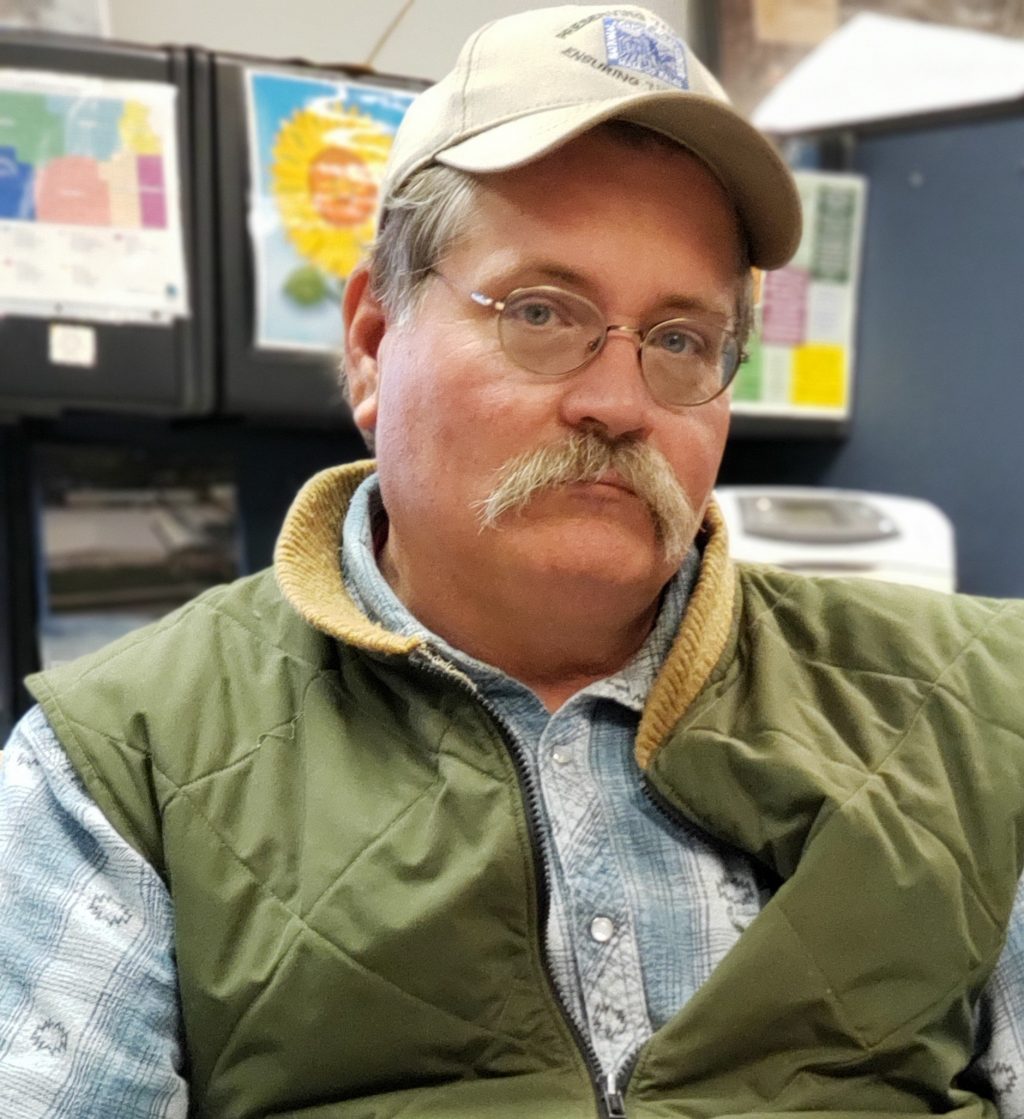
Michael Thompson
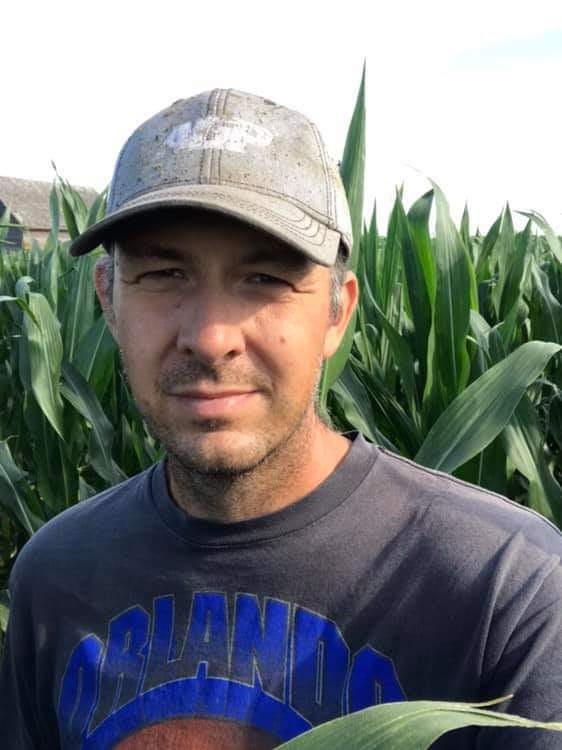
Michael Thompson farms in partnership as Thompson Farm & Ranch, LLC with his brother, Brian, and father, Richard. The operation is located in Northeast Norton County near Almena, Kan. They grow corn, soybeans, wheat and also manage a cow/calf beef herd that rotationally grazes on native range and diverse cover crops. The operation is 100% no-till with a focus on increasing biology, soil cover, water holding capacity and carbon levels of the soils they manage. Over the last several years, Thompson Farm & Ranch has been below its normal precipitation but still has been able to produce good yields in grain crops while providing enough forage for the cattle herd. The change in land management on Thompson Farm & Ranch has made a difference in surviving years of less than normal rainfall.
Chad Basinger

Chad Basinger is a farmer and rancher from Pretty Prairie. He has worked with the Conservation District, NRCS and the Cheney Lake Watershed on multiple projects over the years to make conservation improvements. Basinger is a consistent voice for sustainable agriculture, whether supporting programs and good land stewardship locally or traveling to Washington D.C. to advocate to our lawmakers. Alongside his wife, Cassondra, he owns Basinger Land & Cattle. They grow wheat, soybeans and grain sorghum and manage a cow-calf herd and background and finish calves. Basinger and his wife have 4 children and are actively involved in their community and their church.
Chad Basinger has served on the Reno County Conservation District board since 2019 and is currently the cice-chairperson of the board. He has served on the Reno County Farm Bureau Board for 9 years, the Reno County Cattleman’s Board of Directors for 3 years and the Garden Plain Farmer’s Cooperative for 6 years, including a tenure as board president.
MAY
Monte Bottens
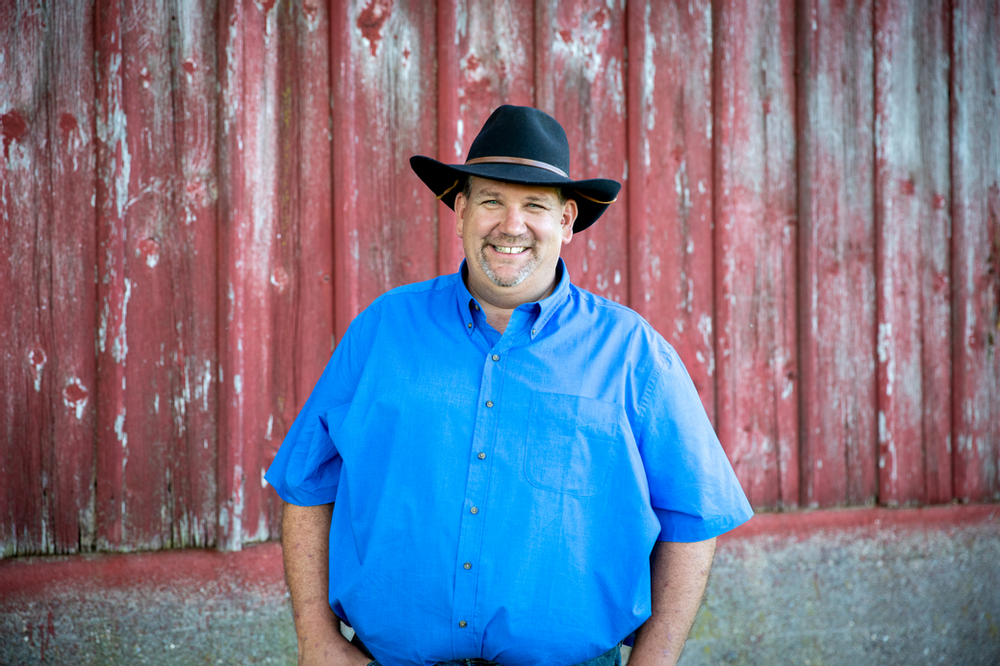
A fifth-generation Illinois farmer, Monte Bottens owns and operates Bottens Family Farm, Grateful Graze, and is the founder and CEO of Ag Solutions Network, Inc. and host of the AgEmerge podcast. He puts soil health principles into practice with a systems approach that includes agricultural innovations in precision farming technology, biologically-based crop nutrition programs, and integrating diverse crops with grass-fed livestock.
JUNE
Rick Clark
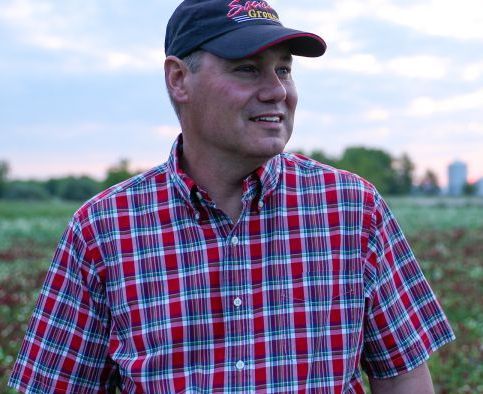
Rick Clark is a 5th generation farmer from Williamsport, Ind. The main goal on his farm is to build soil health and achieve balance with Mother Nature. Clark has developed and constantly improves a systematic approach to regenerative farming. His farm strives to be a low cost input producer, while maintaining an increase in yield year over year. The farm is 100% NGMO, 100% no till, and 100% cover crop. He is currently transitioning the 7000 acre farm to organic and is most proud of developing a system of organic farming that uses no tillage. He will suppress weeds with cover crops. Clark cares deeply about human health as well, and that is one of the main drivers behind the organic no-till style of farming. Rick Clark is building a system that will be viable and sustainable for generations to come.
NOVEMBER
Erin Silva, PhD
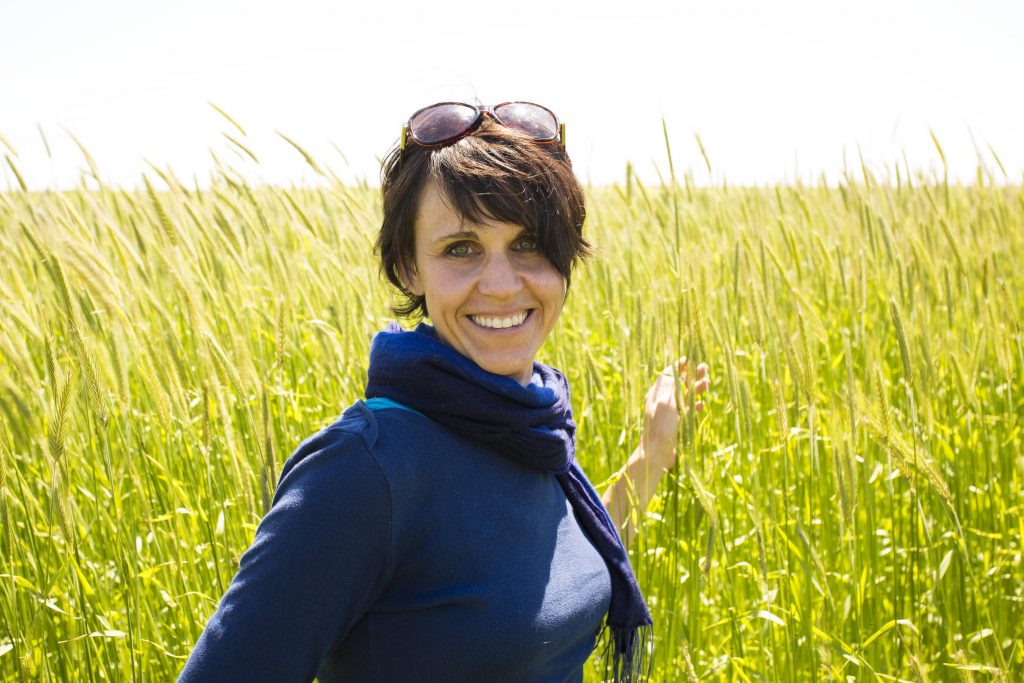
Dr. Erin Silva is an associate professor in the plant pathology department at the University of Wisconsin-Madison. Her research and extension program focuses on sustainable and organic cropping systems, including cover crops and cover crop-based no-till production, variety selection in organic environments, and the impact of organic management on soil biological and physical properties. Silva has launched a comprehensive organic grain training program for farmers in the upper Midwest, “OGRAIN”. She works closely with organic farmers and industry members both in Wisconsin and throughout the upper Midwest and serves on the Wisconsin Organic Advisory Council.
Trisha Jackson, Ph.D.
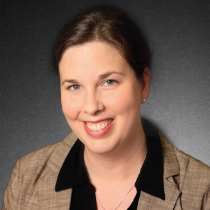
Trisha hails from central Kansas, where she learned to value prairies and rural communities. Her educational and personal adventures took her around the world, where she admired diverse cultures, foods, landscapes, and agriculture. Through her graduate studies in soil science, environmental studies, and climatology, she came to understand how regenerative agricultural practices build healthy soil to create truly resilient communities brimming with nutrient-dense food, clean water, and plentiful wildlife. With these values in mind, she was pleased to join the PrairieFood team to help ensure that rich, fertile soil is the number one crop.
DECEMBER
Cassidy Million, Ph.D.
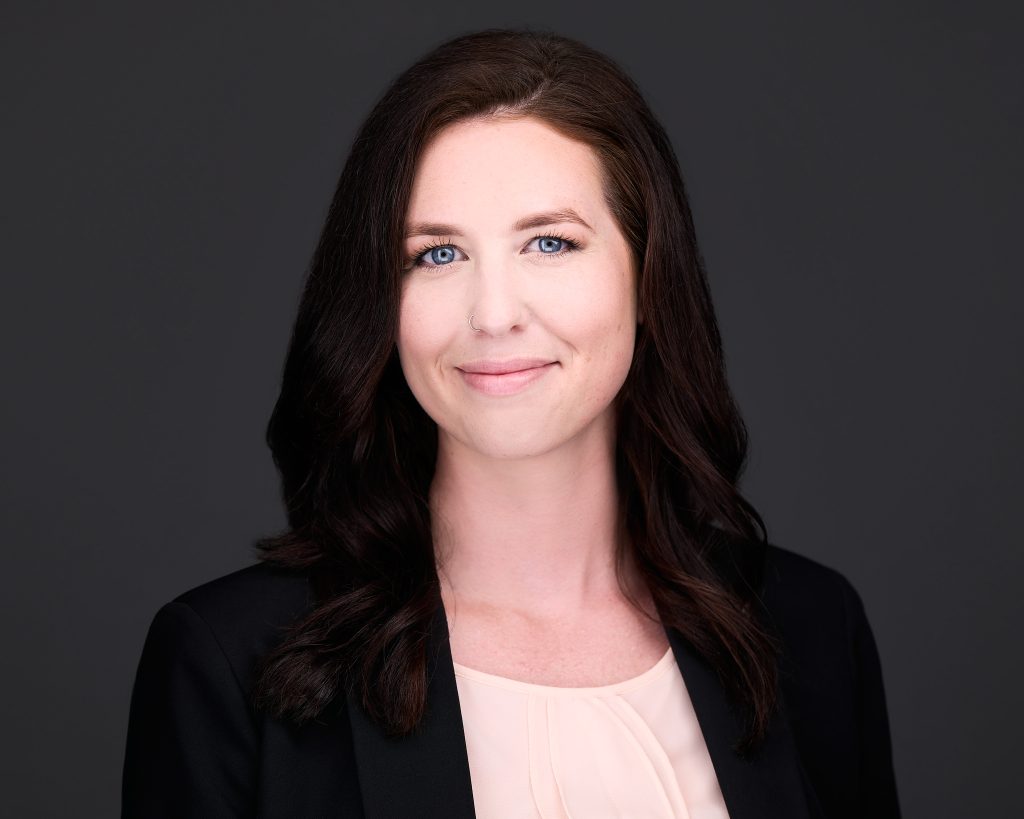
Cassidy Million, PhD, serves as the director of ag science for Heliae Agriculture and is responsible for overseeing agronomy training and product performance trials. Before joining Heliae Agriculture, Million served as the senior agriculture research scientist at Monty’s Plant Food. Before this role she held a postdoctoral position with the United States Department of Agriculture-Agricultural Research Service crop production and pest control research division where she researched non-host resistance in wheat and barley. Prior, she performed research in the Integrated Plant Protection Unit of Swedish University of the Agricultural Sciences’ Plant Protection Biology department. She obtained her bachelor’s in biology from Indiana University Southeast and her master’s in plant pathology from Ohio State University.
JANUARY 2023
Brian Alexander
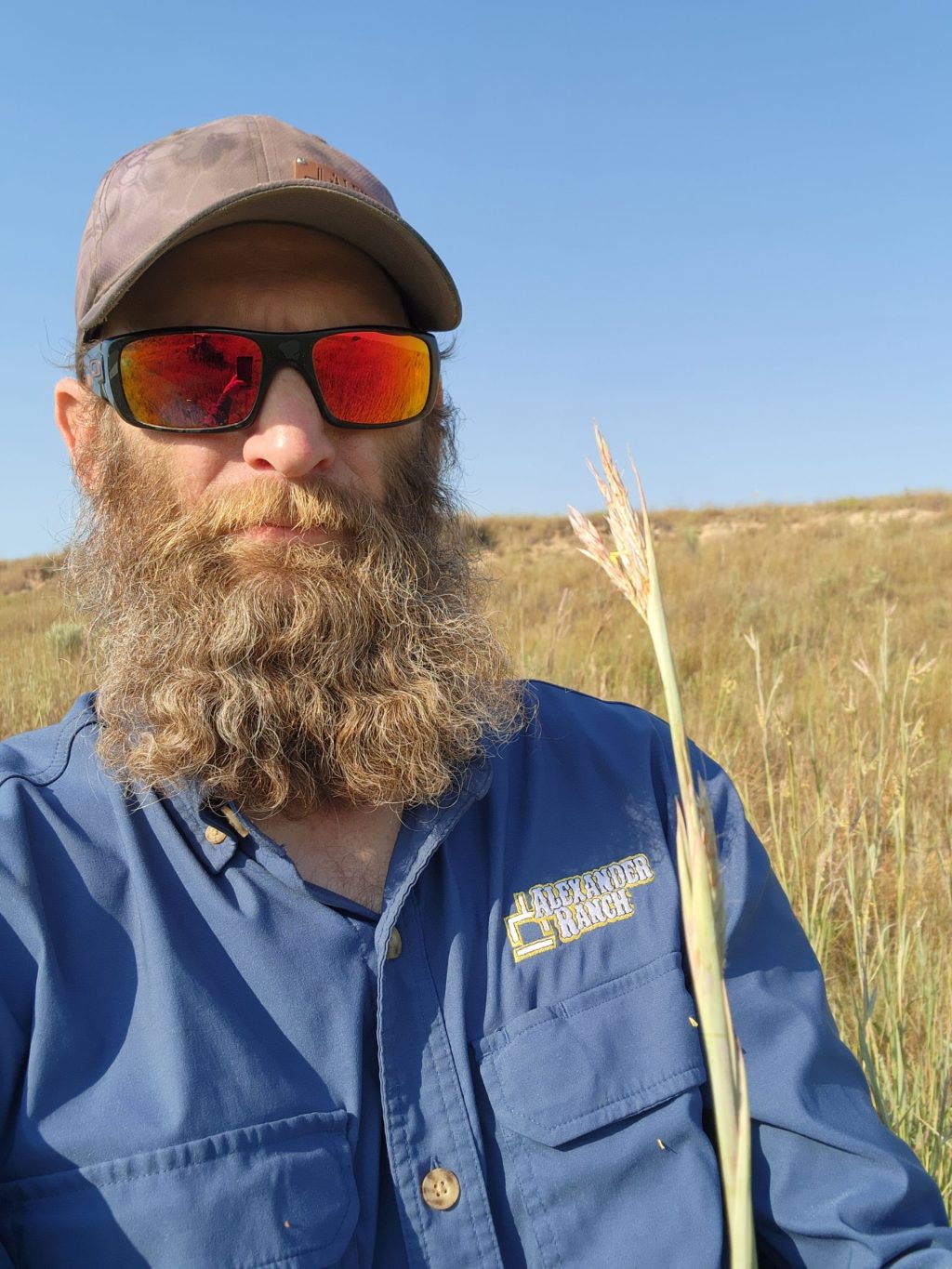
Brian Alexander is part owner of Alexander Ranch located in Barber County, Kansas, just south of Sun City near the old community of Deerhead. The ranch is primarily a custom-grazing operation with over 60 paddocks across 7,000 acres in the Red Hills. The ranch is all native range, the last 500 acres of farm ground were planted back to native grass and forbs in the mid-80s. Alexander has been developing smaller framed, forage efficient, low input cattle that can live on salt and scenery. His father, Ted, is also part-owner of the ranch and between the two of them they have five trips through the Ranching for Profit school, and both would say that the school is well worth the money to go to. Brian has also been through the entire Holistic Management training course.
Alexander Ranch received the 2019 Kansas Leopold Conservation Award for removing invasive eastern red cedar trees and improving water quality in the ranch’s creeks and liberating new springs. The ranch also won the 2021 Citizen’s Conservation Achievement Award from the central mountains and plains section of the Wildlife Society.
Brian hosts the Ranching Reboot Podcast and is active on social media under the name “Red Hills Rancher.”
Jessica Gnad
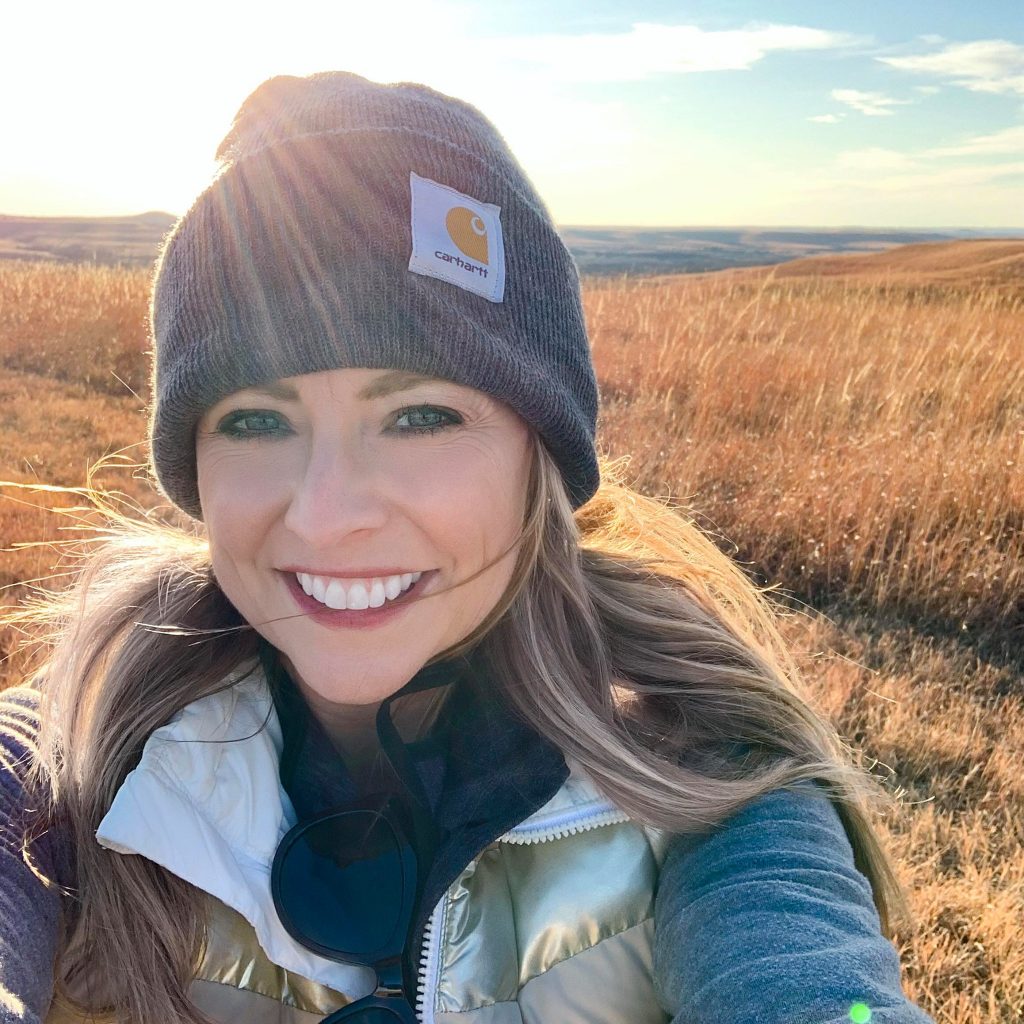
Currently hailing from Manhattan, Kansas, Jess Gnad’s path in soil health started with a curiosity about healthy food options in rural communities. A dedicated soil health advocate with more than a decade of experience in the food, finance, and farming industries. Combining deep industry knowledge with experience to help guide campaign development, product launches, and content strategy for news media publications and event planning. Excelling in leadership, fundraising, and building infrastructure to launch a local food movement and farmers market as a community champion. Jess is the executive director and co-founder of Great Plains Regeneration and is a leader in her community with a Bachelor of Science – BS focused in Social Sciences of Diversity from Kansas State University.